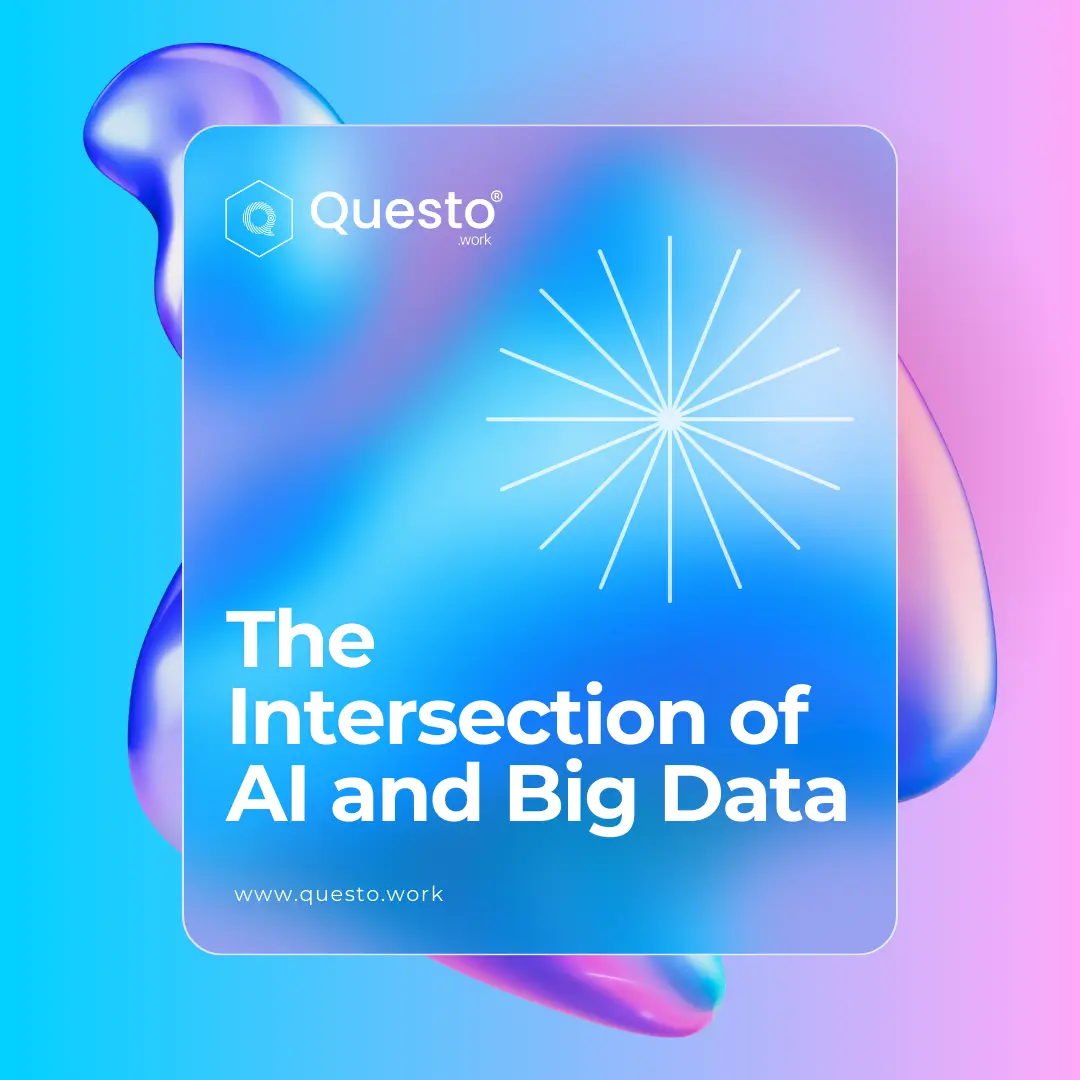
In today’s digital era, data is generated at an unprecedented rate from a wide array of sources, including social media, mobile apps, IoT devices, and more. This explosion of data, commonly referred to as Big Data, has led to the need for advanced technologies to process, analyze, and extract meaningful insights from it. Enter Artificial Intelligence (AI), a transformative force that has become an essential tool in managing and utilizing Big Data. The intersection of AI and Big Data presents a wealth of opportunities but also comes with notable challenges.
Big Data consists of vast amounts of unstructured and structured data, often overwhelming traditional data processing systems. AI algorithms, particularly machine learning and deep learning, excel in processing these large datasets. These algorithms can identify patterns, relationships, and anomalies in data far more efficiently than manual methods. As a result, businesses can derive actionable insights quickly and accurately, leading to better decision-making.
AI’s ability to forecast trends and behaviors is one of the most significant benefits of its integration with Big Data. By analyzing historical data, AI systems can predict future outcomes with remarkable accuracy. This is especially useful in sectors such as healthcare, where predictive models can forecast disease outbreaks, or in finance, where AI can predict stock market trends or detect fraud. AI-powered predictive analytics helps organizations stay ahead by anticipating risks and opportunities.
AI enables automation in data management, reducing the need for manual data entry, cleaning, and processing. With AI, routine tasks such as data categorization, organization, and quality control can be automated, freeing up human resources for more complex and strategic tasks. This not only increases efficiency but also minimizes errors that can arise from human intervention.
AI, combined with Big Data, allows companies to deliver highly personalized experiences. By analyzing customer data, AI algorithms can predict user preferences and behaviors, enabling businesses to tailor their products, services, and marketing strategies accordingly. For instance, AI-driven recommendation engines used by e-commerce platforms and streaming services enhance user engagement by offering personalized suggestions based on past behavior.
Big Data is often generated in real-time, such as transactional data or social media interactions. AI can process and analyze this data instantly, enabling organizations to make real-time decisions. This capability is crucial in industries like finance, healthcare, and e-commerce, where timely decisions can significantly impact outcomes.
While the integration of AI and Big Data offers immense potential, it also poses several challenges that organizations must navigate.
For AI algorithms to provide accurate and meaningful insights, the data used must be of high quality. In the world of Big Data, information often comes from disparate sources, resulting in inconsistent, incomplete, or even inaccurate data. Cleaning and pre-processing this data to ensure its reliability is a major challenge that can hinder the effectiveness of AI systems.
With the sheer volume of data being generated and collected, privacy concerns are paramount. Personal data is often part of Big Data, and the misuse of this information can have significant legal and ethical consequences. Organizations must navigate a complex web of data privacy regulations, such as the GDPR in Europe, while ensuring robust security measures are in place to prevent data breaches. AI systems, especially when used in sensitive domains like healthcare or finance, must be designed with strong data governance policies to protect user privacy.
AI algorithms learn from the data they are fed, and if that data contains inherent biases, the resulting AI models can perpetuate or even exacerbate those biases. This challenge is particularly concerning when AI is used in decision-making processes, such as hiring, loan approval, or law enforcement. Ensuring that the data is unbiased and representative of diverse populations is essential to building fair and equitable AI systems.
While AI and Big Data are rapidly evolving fields, there is a significant skills gap in the workforce. Managing AI systems and interpreting Big Data analytics requires specialized knowledge in data science, machine learning, and data engineering. Organizations must invest in upskilling their teams or face difficulties in fully leveraging the potential of these technologies.
As data volumes continue to grow, the scalability of AI systems becomes a challenge. Training AI models on massive datasets requires substantial computing power and infrastructure, which can be costly and time-consuming. Ensuring that AI solutions can scale effectively to handle increasing data volumes is critical for long-term success.
The intersection of AI and Big Data presents a transformative opportunity for organizations to harness the full power of their data. AI’s ability to process, analyze, and derive insights from vast datasets can revolutionize industries and drive innovation. However, organizations must be mindful of the challenges that come with this integration, from ensuring data quality and privacy to addressing bias and scalability concerns. As AI and Big Data continue to evolve, striking a balance between opportunity and challenge will be key to unlocking their full potential.
By addressing these challenges proactively, businesses can remain competitive and capitalize on the vast opportunities presented by the fusion of AI and Big Data.
Register with us to keep up to date on all AI trends when making your next hire.